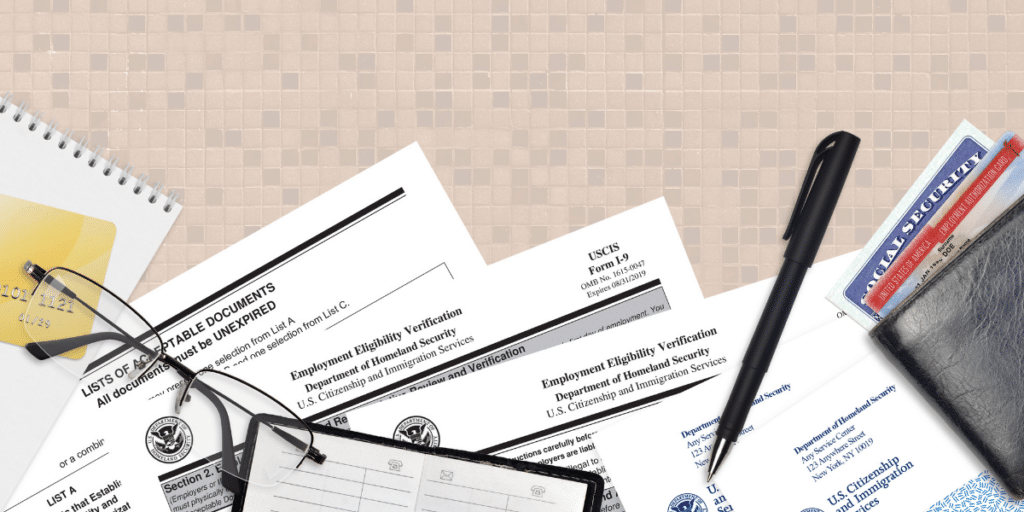Purchasing a home is often one of the most significant financial decisions you’ll make. If you’re house hunting in North Carolina, you’ve probably heard the term “due diligence money.” But what is it exactly? How is it different from earnest money? And most importantly, can you get it back if things don’t go as planned?
This guide will walk you through the ins and outs of due diligence money, when it’s refundable, and what you should know before including it in your offer.
What Is Due Diligence Money?
Due diligence money is a deposit you pay directly to the seller when entering into a real estate purchase agreement. It’s your way of saying, “I’m serious about buying this property.” Unlike earnest money—which is held in escrow and represents additional commitment—due diligence money is paid upfront and is the seller’s to keep.
Key Differences Between Due Diligence vs Earnest Money in NC:
- Due Diligence Money: Paid directly to the seller and is typically nonrefundable. It grants you the exclusive right to investigate the property and withdraw from the buying process if necessary during the due diligence period. If the transaction proceeds, the funds will generally be credited to the sale.
- Earnest Money: Paid into an escrow account and acts as insurance for the seller if you back out for reasons not covered during the due diligence period. It’s refundable under certain conditions. Like due diligence money, it will also generally be credited to the sale.
The purpose of due diligence money is to compensate the seller for taking the property off the market while you, as the buyer, investigate its suitability. Think of it as paying for a “pause button” while you figure out if the home is truly right for you.
“Good Faith” Payments in North Carolina
Real estate transactions are rarely “one size fits all” across the United States, and North Carolina has its own guidelines under the NC Real Estate Commission. Unlike many other states where the earnest money deposit serves as the primary “good faith” payment, North Carolina’s “Offer to Purchase and Contract” (Form 2-T) outlines the due diligence fee as an additional separate payment made directly to the seller.
In North Carolina, the due diligence period is a specific, negotiated timeframe. Time is generally considered “of the essence” for this period, meaning deadlines are strict. If you, as a buyer, don’t complete your investigations and make your decision by the due diligence deadline, you risk losing your earnest money deposit as well as the due diligence fee.
What Happens to Your Due Diligence Money If You Back Out?
One of the biggest risks of paying due diligence money is that it’s typically nonrefundable. If you decide to walk away from the deal—or if an inspection reveals issues that make you uncomfortable—you’re unlikely to get your deposit back. The seller keeps it as compensation for the time and opportunity they may have lost by holding the home off the market.
It’s important to note that putting down due diligence money does not obligate you to buy the house. However, even if you choose not to proceed, you’ll likely forfeit the deposit unless specific exceptions apply.
Is Due Diligence Refundable?
Here are a few scenarios when you might get your money back
The general rule is that due diligence money is nonrefundable except in the rarest of circumstances. However, there are some scenarios where you could potentially get it back, especially if the seller didn’t fully uphold their end of the deal.
Legal grounds to recover your due diligence money may include:
- Breach of Contract: If the seller fails to meet the obligations outlined in the purchase agreement—such as not delivering a clear title or refusing to address mandatory repairs—you might have grounds for a refund.
- Failed Seller Obligations: If the seller misrepresented the property or knowingly hid major flaws, they may be legally obligated to return your deposit. Depending on the situation, these failures may constitute fraud or material misrepresentation.
It’s important to remember, though, that these are rare and complex situations. Consulting a North Carolina real estate attorney can help ensure you’re not leaving money on the table if you’re entitled to a refund.
Do You Get Due Diligence Money Back If Inspection Fails?
While failed inspections are a common reason buyers back out of a deal, this alone doesn’t entitle you to a refund. The purpose of the due diligence period is to give you time to conduct those inspections and decide whether to proceed. By default, the seller keeps the due diligence money in this scenario.
How to Get Due Diligence Money Back
If you believe you’re owed a refund, here are some steps to consider:
- Review the Contract: Look at the purchase agreement to identify any clauses related to refunds or seller obligations.
- Gather Evidence: Document the reasons for backing out, especially if they involve seller misrepresentation or contract violations.
- Consult an Attorney: A North Carolina contract lawyer can evaluate your situation and help you determine whether you have a strong case for recovering your deposit.
Every situation is unique, and working with a legal professional who understands North Carolina’s real estate laws is the best way to protect your financial interests. At Dozier Miller, our breach of contract lawyers have years of experience handling real estate disputes. We’re here to provide personalized legal advice tailored to your unique situation.
Protect Yourself in Real Estate Transactions with Dozier Miller
Buying a home is a big step, and understanding the ins and outs of due diligence money is just one piece of the puzzle. If you’re feeling uncertain or have questions about your rights, Dozier Miller Law Group is here to help. We’ll walk you through the process, answer your questions, and ensure you’re set up for success.
Schedule a consultation with us today, and take the next step toward confidently managing your real estate transaction. We’re here to help you protect your investment and move forward with peace of mind.

CATEGORIES
Contact an Attorney
Our attorney offer specialized guidance and representation in a variety of practice areas.

REMEMBER: Always speak with your own attorney
This information is provided for informational purposes only; it is not offered as and does not constitute legal advice.
More Insights and Resources
Learn more about what to expect when facing a family law dispute in Charlotte, North Carolina from Family Law attorneys at Dozier Miller Law Group
Can You Get Your Due Diligence Money Back? What Homebuyers Need to Know
Purchasing a home is often one of the most significant financial decisions you’ll make. If you’re house…
What NC House Bill 269 Could Mean for Non-Compete Agreements in North Carolina
Non-compete agreements have long been a controversial tool in the corporate world—sometimes protecting legitimate business interests, and…
Protect What Matters Most: Estate Planning for Every Stage of Life
Thinking about the future doesn’t always come naturally. Many of us get caught up in the day-to-day,…
Will a Separation Protect Me Financially?
Separation is never easy, especially when financial questions start piling up. Can you protect your savings? Will…
Practical Custody Arrangements for Families
Trying to figure out custody arrangements? You’ve probably come across terms like joint custody, primary custody, and…
Future-Proof Your Business Against Form I-9 Changes
Running a business is no small feat. Between managing your team, keeping customers happy, and planning for…
When Do You Need an Attorney for a Breach of Contract Case?
Contracts are the backbone of any good business relationship. They bring clarity, set expectations, and hold everyone…
Navigating Immigration Changes and Their Impact on Employment Law
No matter the size of your business, immigration law affects your ability to hire and retain the…
LGBTQ Families and Stepparent Adoption: What You Need to Know in North Carolina
As a family law attorney in North Carolina, I’ve seen many parents assume that their legal status…
What to Do When You Get a Bad Google Review
If you’re a Charlotte business owner, you know just how important your online reputation is. Around 98%…










